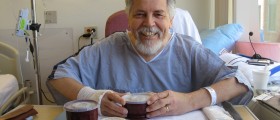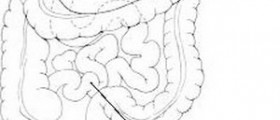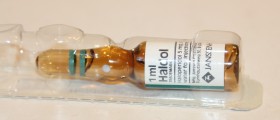
Acute delirium or acute confusional state is very frequent and very severe symptoms. This is a neuropsychiatric syndrome characterized by attention deficits and generalized severe disorganization or behavior. In most cases, delirium involves changes in arousal, perceptual deficits, hallucinations and delusions and severely disturbed sleep-wake cycle. Acute delirium is often caused by disease processes or drug effects outside the brain. It is important to understand that delirium isn’t a disease but rather a set of symptoms that result from an underlying disease or problem. Simply put, acute delirium is a manifestation of brain or mental dysfunction that may happen for any reason.
Signs and symptoms of acute delirium
Acute delirium may manifest as moderate or very severe, with varying degrees of intensity. Mild acute delirium manifests in loss of ability to focus attention and disability in solving complex problems. Severe delirium may reach as far as to the borders of consciousness and near a vegetative state. A person may also be capable of coordinated movements and responsive to stimuli but still unable to perform any meaningful task. Some patients may be hyperactive, agitated and combative, while the others may behave negatively, quiet, unable to hold conversation or focus their attention. How to cure acute delirium
Treatment of delirium usually includes treatment of the underlying cause. This is very sudden but reversible condition that causes loss of memory, confusion and losing the contact with the environment. The exact treatment depends on the cause: medical condition, intoxication, withdrawal from a substance, etc. When acute delirium occurs it is very important to follow simple rules to help the patient feel better. First of all it is recommended to try making a patient aware of the environment. Care giver should make the patient aware of the day and time and even place clocks and calendars near the patient, as orientation aids.
It is also important to determine the exact cause of delirium by evaluating patient’s health history and decrease the possibility of anxiety in patient. Patient’s environment should be very calm and surrounded by familiar items. Only a small number of people should care for the patient at this stage, to ensure that the patient feels safe and stable. Family member should also be involved, and patients should be constantly encouraged to talk about events that mean a lot to them, and about their feelings.
Patient should also get all prescribed medications and any severe symptoms of delirium should be cured with anti-psychotic medications.







-and-Multiple-Sclerosis-Differences-And-Similarities_f_280x120.jpg)









Your thoughts on this
Loading...